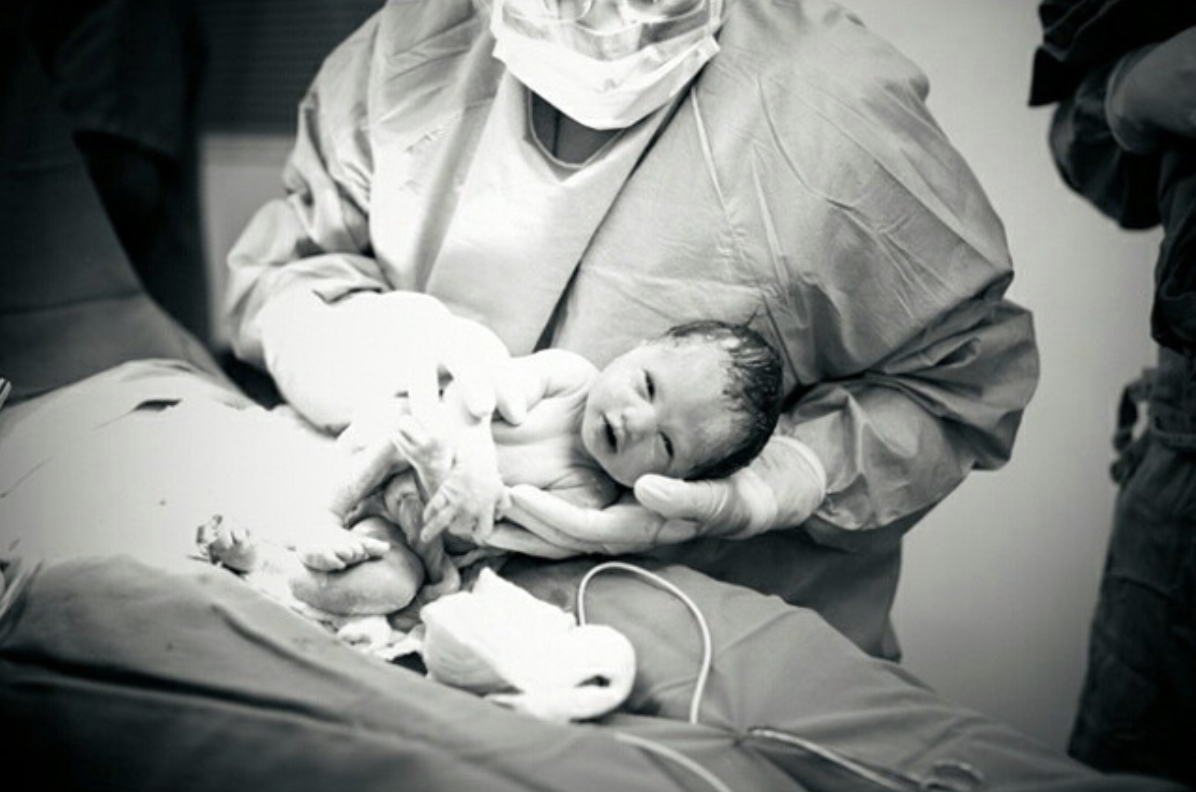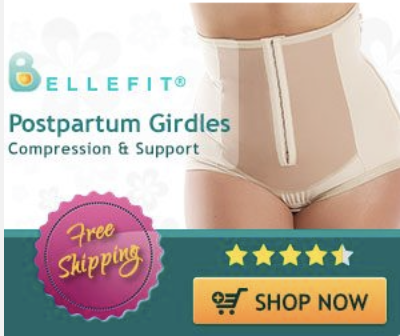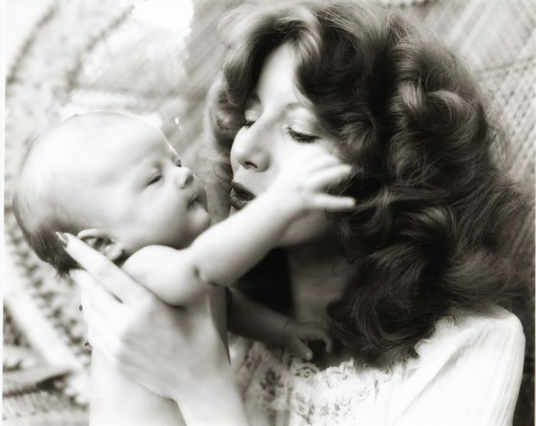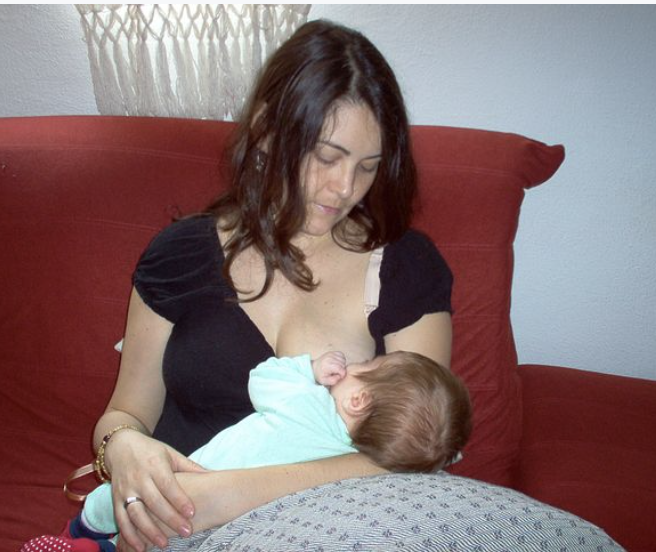In part two of birth trauma in babies, we’ll be looking at how to prevent birth trauma in the first place for your little one. We’ll also look at how to help your baby heal from trauma, if it did already happen.
Your baby will learn about care, love, and healing; it’ll benefit him or her for life!
How to Prevent Birth Trauma in Babies
In terms of prevention, a healthy pregnancy and beautiful natural birth are sure ways of encouraging healthy outcome and without birth trauma for you or your baby.
So, let’s quickly look at what you can do to promote a healthful and deeply fulfilling experience, while preventing any need for intervention that can lead to traumatic experiences.
Having a Natural Birth
So, what can you do to put in place the kind of birth that will support you and your baby to come into the world as nature intended?
Begin with preparation in pregnancy.
Attend my webinar on preventing birth trauma.
In it, I go over crucial tips that’ll help you develop a comprehensive plan and prepare for a natural birth. You must prepare well in advance, like you would for running the 26 mile marathon, or your own wedding. If you want to succeed in getting what you want - rocking and loving your experience and have a healthy outcome physically and psychologically - you can not afford to just wing it. Not in today's world.
Yes, your body knows how to give birth, when we get our modern minds out of the way and we are with people and in settings that support it and do not disturb it when everything is normal and healthy.
Look for a midwife or doctor and birth setting setting with high rates of successful natural births, without routine unnecessary interventions, that completely allows you to have your voice, and respects and supports your decisions.
You may need to learn a complete mindset shift, especially if you do not know anything about natural birth, or have not been around it as women were throughout history; this is extremely important if you don't feel confident, have lots of fear and do not feel supported. Although underestimated, preparing your mindset is also a powerful and a foundational place to begin when creating your birth plan and getting ready for your birth. When you set your intentions for your experience, you’re more likely to manifest what you want.
The mindset plays a huge role in the success of famous athletes, performers, as well as business men and women - they all have coaches to help them with that so they become the rockstars they are. You do not need to be famous or perform. But you do need to take back your birth so you can have a healthy one that you love, and without trauma. Your ability to do this rests in your attitude and mindset, that needs to transform and be different than the herd mentality.
And do hire a doula - who can be your coach for your big day. It is another must.
Do any of the following situations apply to you?
It is your first baby,
It’s your first time planning a natural birth,
You want a vaginal birth after cesarean birth, or
You already had a traumatic birth and want to plan for a much better, and completely different, experience next time around.
If you answered yes to any of the above, then I recommend you take my online Love Your Birth course as it goes over all of this in much greater depth. I literally teach you how to transform your mindset so that it serves you on this journey of a lifetime.
The lessons in the course come from my extensive experience guiding and and empowering women and their families in my practice. They’ve led to the awesome birth experiences that I have been honored to witness for over 20 years.
All mamas who have been through it benefited from it immensely. Take a look.
What to Do During and After the Birth
Babies are way more capable than we give them credit! Your unborn baby—when he or she is ready—is naturally inclined, with the help of your body's labor, to move through the birth canal of their own will and effort, when given the opportunity.
Photo by @senhoritasfotografia.
In part one of this birth trauma in babies blog series I discussed how babies are actually more alert, cognizant and sensitive than we realize. If we interrupt the birthing and postpartum process when all is well, with any kind of medical or surgical procedures, testing and interventions, the baby will feel terrified, unsafe, their own agency taken away, their space violated and threatened. Then the trauma reaction ensues! Interventions that can cause trauma can include drugs, internal electrodes on their head, forceps, vacuum, cesarean, immediate cord clamping, suctioning their airway, rough handling, or separation from mom. All the more so when there are complications and interventions are truly needed.
We need to be sensitive to the baby’s psychological experience when giving care during and after the process of delivery. In the womb and certainly as a newborn, baby is fully aware and conscious and is even more vulnerable to trauma than an adult, as baby's nervous system is still developing.
In addition to the prevention mentioned above, we can help minimize risk of birth trauma by creating a homey and private atmosphere for both mom and baby - in all settings.
That includes dim, soft lighting, and a quiet, peaceful, slow paced environment. Also, if a mom feels loved, honored, supported and cared for, if she feels calm, safe, intimate and sensual, she’ll not only labor real well, but also will have yummy hormones that pass over to baby, so baby is bathed in them and feels this as well. Check out my birth trauma series about mothers for more on how we can prevent and heal trauma in moms.
When I talk about gentle care, I’m talking about gentle handling, soothing reassuring voice and touch, eye contact, being held, breastfeeding, and a lot of skin-to-skin contact with mom or partner —this should begin after birth.
Photo by @sehorhitasfotografia.
Don’t cut the cord immediately either. That is baby's life line to oxygen, blood volume and essential nutrients and immunity to help baby transition to life outside the womb. Clamp it only after the pulsing stops or the placenta is birthed.
Babies also love relaxing music and bath water - and who wouldn't like flower petals floating around, the ambiance of real or electric candles, and a delicious light scent of lavender or citrus? If you have a water birth, watch them open up, move their arms and legs, and look around when held in the birthing pool.
This is a sacred time for meeting, connecting to and bonding with each other, so unplug from your phone and computer, and have someone else in charge of spreading the exciting news and taking pictures.
If a cesarean birth is needed, it can be gentle, to simulate a family-centered, natural birth as much as possible, so it feels like a huge personal celebration rather than an operation. These same concepts apply however baby comes into the world.
Furthermore, any procedures or exams that need to happen after the baby’s birthed can be done at mom’s bedside while she’s holding and soothing her baby, explaining what’s going on if something is being done to either of them. A healthy baby needs to stay with parents at all times and not be rolled away in an isolate crib, taken to the noisy and brightly lit nursery of strangers for any examination or intervention.
How Can Babies Heal from Birth Trauma
In today’s technological world, there are more stressful, scary, drug-induced labors and surgical births than ever before, especially here in the United States. Healthy birth has become an impersonal medical and/or surgical event, a potential crisis waiting to happen in an intensive care like setting in many hospitals; is not a normal, beautiful part of life, the humane, cozy, family-centered celebration it once was.
At least there are some improvements happening here and there, such as:
Fetuses are not exposed to toxic X-rays,
Women's pubic hair is no longer shaved,
They are not forced to take an enema,
They are not strapped down and given drugs that made them act psychotic, prevent memory of their birth and endangered their babies,
Partners and newborn babies are allowed in the room with mom, and
Babies are not forced to have formula instead of breastfeeding.
Needless to say, a lot of healing needs to take place in the last several generations, once birth was moved to hospitals in the early part of the 1900s!
Let’s take a look at some of the things we can do to help heal birth trauma in babies.
After the Traumatic Birth
In working with traumatized babies and infants, the most important thing in giving care is love. This may seem obvious but don’t take this parental superpower for granted!
As a parent, lead with your heart. It is full of wisdom and does not lie, but rather sends you in the right direction.
When interacting with your baby, always have tenderness, comfort and compassion in mind—for yourself and your baby! The more compassion you have for yourself, the easier you can extend it to others in abundance.
Practice Kangaroo Care - while in the hospital, if intensive care is needed, and definitely at home. This simply involves holding baby (clothed in a diaper only) against your skin and cover yourselves with a blanket. Its benefits are well documented and can be done safely despite baby's attachment to medical devices in the NICU, depending on baby's condition. Basic closeness, touch and attention improve their health and healing immensely.
Your baby needs to know that even when life gets difficult—because it will—there’ll always be love. You can provide ongoing reassurance you are there for your baby. Talk to your baby in a soothing manner, and allow them to tell their story with their body and in the nonverbal way that they do. They have much to say without the ability to talk.
Their excessive crying or “fussiness” is not simply difficult baby behavior—they’re trying to tell us something. Validate their scary experience and let them know that they’re safe now. Sing to them. Rock them. Calm them.
Take a look at renowned midwife Karen Strange’s resources on baby trauma healing. She is an expert and international educator in neonatal resuscitation and works fully from the baby’s perspective. You can begin using these incredible tools of connecting with baby in pregnancy.
Working with a Therapist
In treating traumatized babies, Dr. Graham Kennedy tells us that a therapist will be observing and interacting with the affected baby through movement as well as through “hands-on palpation using craniosacral therapy.” Therapists skilled in somatic experience and cutting edge trauma healing modalities for babies are ideal. You can find a list of some wonderful ones here.
Usually, the movements the baby begins to make are similar to those he or she made in the womb during labor, but this time giving us the story of what happened to them.
“Working with babies involves holding a space in which they feel supported enough to begin to tell us the story of what happened to them, what they experienced and where it became difficult or even traumatic.” (Graham Kennedy, November 2008)
This reenactment can have a profound change on the baby’s brain, rewiring them to experience what they would have experienced in labor were they to have had a stress-free and intervention-free experience.
There are many possible imprints and effects of birth trauma, but they can all be healed. This is well backed by much literature, science and research, especially as we are growing in our understanding of trauma, its impact and how to heal from it when we get stuck in trauma responses.
For example, down the line, you may notice your infant or young child having trouble starting or completing tasks (or both!). This may be an effect of their birth having been interrupted—this may have caused your baby trauma, it is stored in their bodies, and now they’ve learned to carry with them a certain passivity.
Babies born by forceps, vacuum or cesarean may later on feel they have to be rescued, can't do it alone, support is painful, get angry with authority, being controlled or manipulated, or they may not want to be here at all - and that can impact every aspect of their lives.
Babies who were drugged from their moms getting pain medication, may suppress their aliveness, have issues with addiction, feel spacey, out of it and trouble being conscious in their own lives.
Babies who spent time in an incubator away from their parents, feel separate and alone, have deep longing for connection and touch, develop a psychic wall of protection, and are easily triggered by abandonment.
In later childhood through adult years, this can be completely resolved with Clarity Breathwork - I do sessions locally in my practice, and online for the global community.
The trauma response is an important part of our lives and it is our brain’s and body's way of protecting us at the time of perceived danger. It is a normal instinctual reaction in animals, including humans of all ages, and does not become a disorder unless it is interfered with and suppressed.
It does however, need to be treated with expertise for complete effective healing. If there is a traumatic response dysfunction, it is not a life sentence. You don’t have to hold on to those scripts anymore and neither does your baby. Full recovery is possible.
Healing birth trauma in babies is one of the most caring and giving things we can do for our children.
Do you want to heal from trauma, inner stress and emotional pain that is negatively impacting your life? Let me help you! Read my book Trauma Release Formula available on Amazon.








































